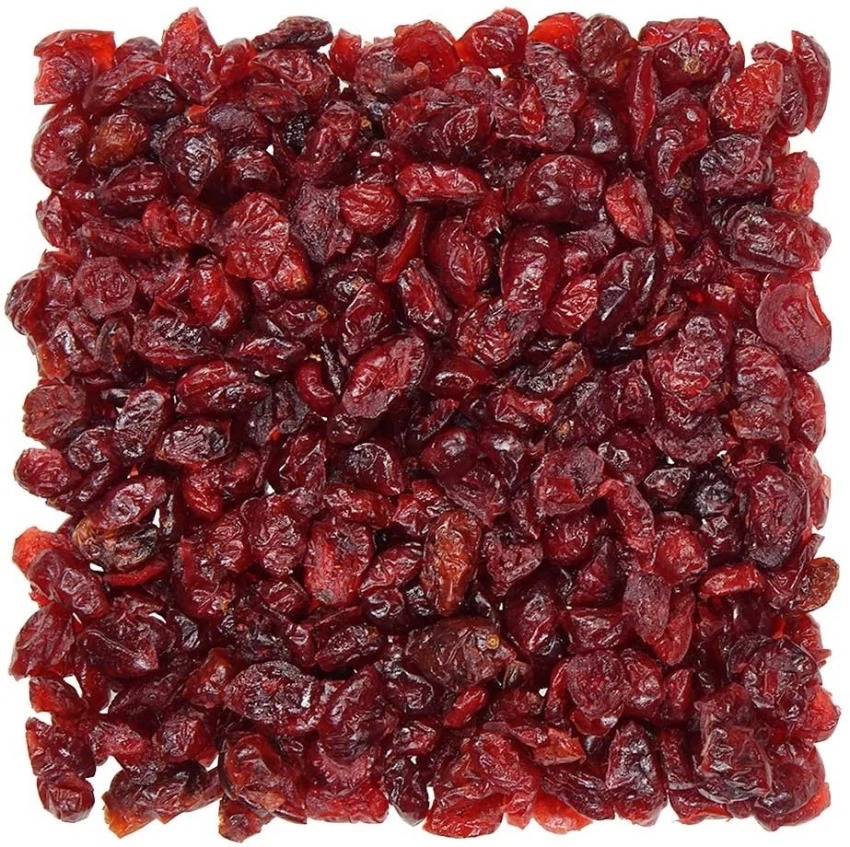Blueberries are small, round, and sweet berries that belong to the Vaccinium family. They are often classified into two main types: highbush blueberries (Vaccinium corymbosum) and lowbush blueberries (Vaccinium angustifolium). Blueberries are known for their vibrant blue color, although some varieties can be pink or purple when they are unripe.
Here are some key points about blueberries:
Nutritional Benefits: Blueberries are rich in antioxidants, particularly anthocyanins, which give them their distinctive color. They also contain vitamins C and K, manganese, and dietary fiber. The antioxidants in blueberries may contribute to various health benefits.
Health Benefits: Blueberries have been linked to several health benefits, including improved cognitive function, heart health, and anti-inflammatory effects. Some studies suggest that regular consumption of blueberries may help reduce the risk of certain chronic conditions.
Versatile Use: Blueberries are versatile and can be enjoyed in various ways. They are commonly used in breakfast dishes like cereals, yogurt, and pancakes. They can also be added to salads, smoothies, or eaten on their own as a healthy snack.
Culinary Uses: Blueberries are popular ingredients in a wide range of culinary creations, including pies, muffins, jams, and desserts. They add a burst of flavor and a touch of sweetness to many recipes.
Growing Conditions: Blueberry bushes thrive in acidic soil and require a certain level of acidity for optimal growth. They are often grown in regions with cool climates, and the United States, particularly states like Michigan, Oregon, and Washington, is a significant producer of blueberries.
Seasonality: Blueberries are typically in season during the summer months, from late spring to early fall, depending on the specific variety and geographic location.
Including blueberries in your diet can be a tasty way to enjoy a nutritious snack while benefiting from their potential health-promoting properties.







Reviews
There are no reviews yet.